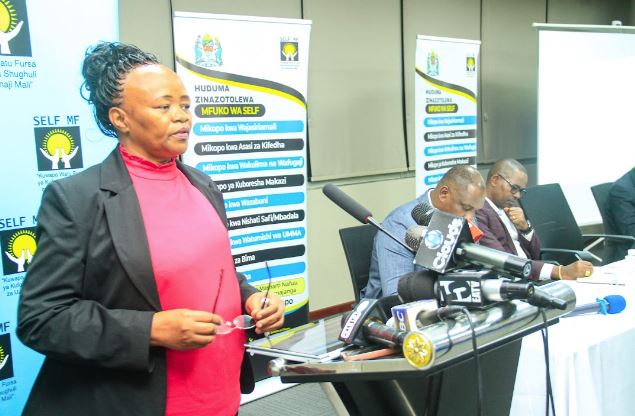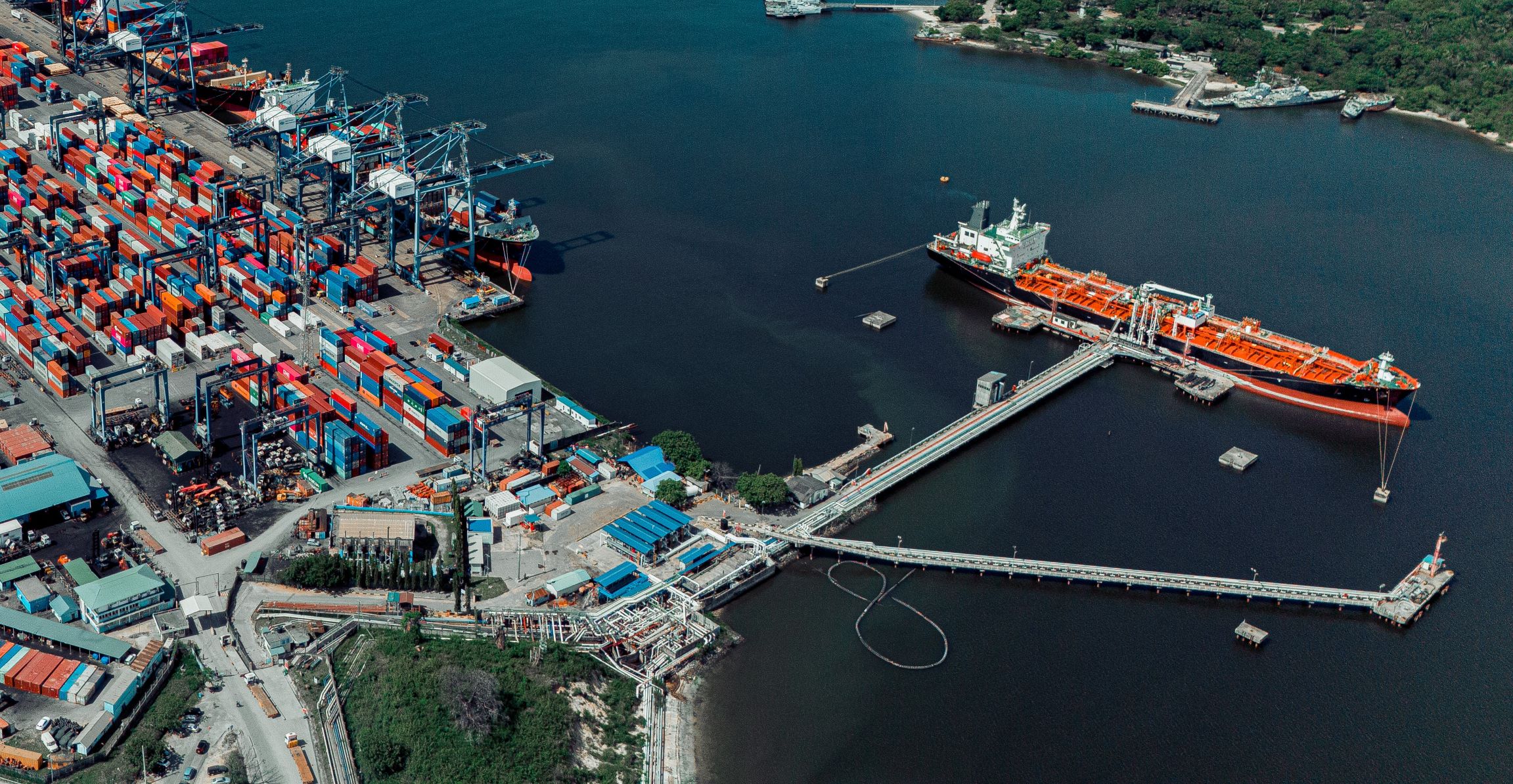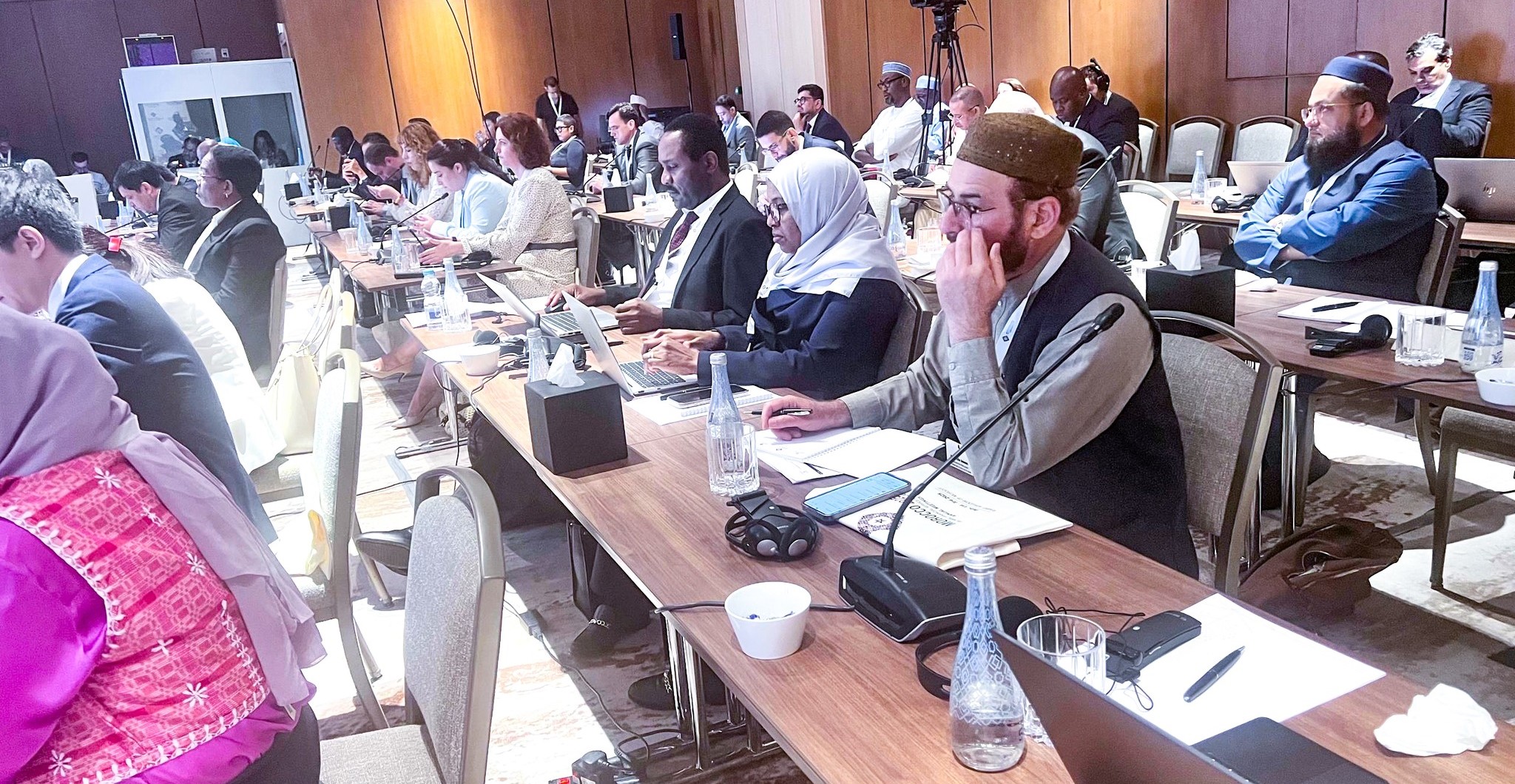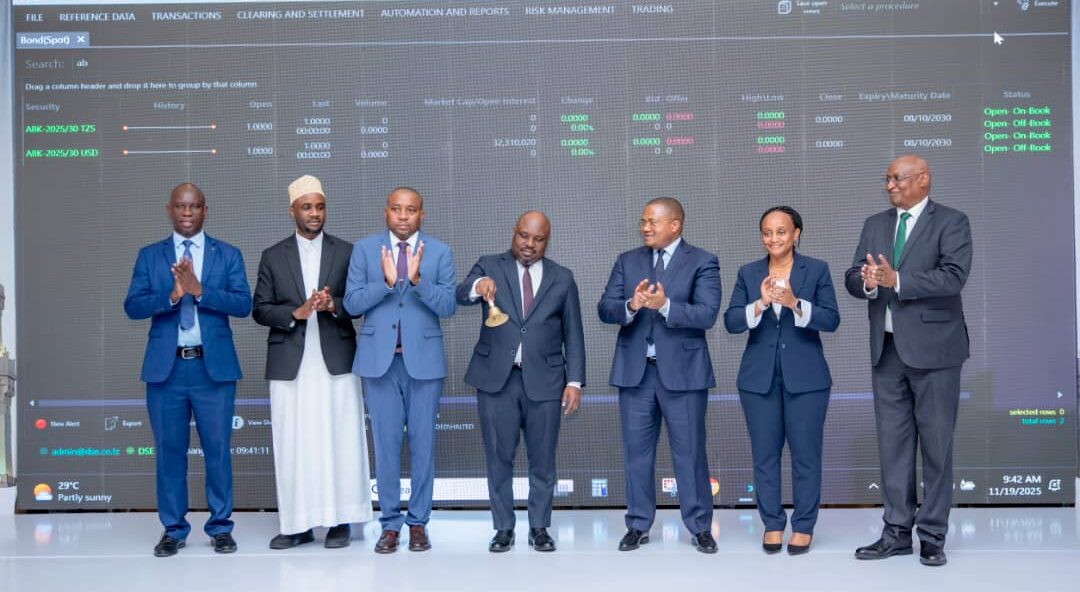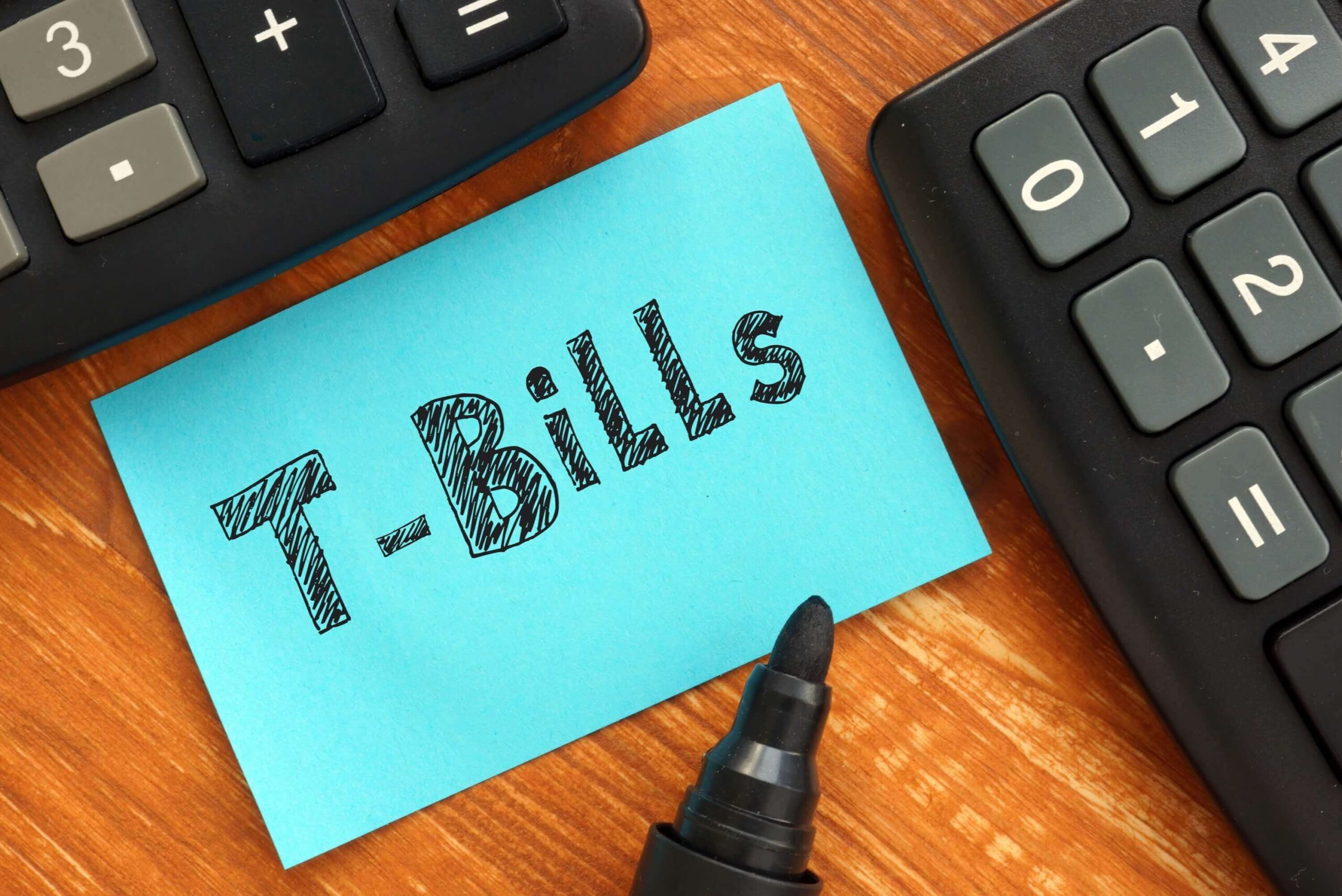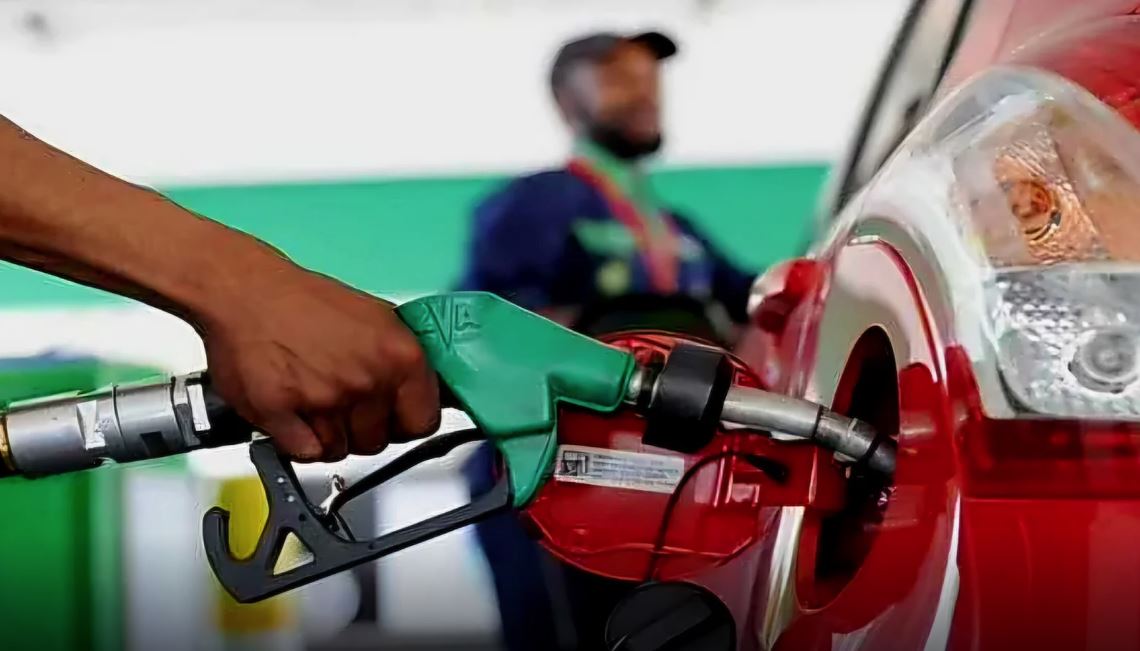Dar es Salaam. The Small Entrepreneurs Loan Facility Microfinance (SELF MF) has disbursed loans worth Sh196.9 billion between 2021 and 30 June 2025, with a non-performing loan ratio of less than 10 percent, the fund’s Chief Executive Officer, Ms Santiel M. Yona, has said.
Speaking on Friday, August 15, she said the government-owned facility, which operates under the Ministry of Finance, has managed to sustain its operations profitably while widening access to credit for low-income earners.
The loans have so far benefited 183,381 borrowers, comprising 97,170 women, equivalent to 53 percent, and 86,211 men, equivalent to 47 percent.
Since 2021, the fund has also supported 549 microfinance institutions across the country, providing them with both credit and capacity-building support to strengthen their operations.
Ms Yona said the core mandate of SELF MF is to create opportunities for people to engage in productive activities, thereby boosting household incomes and contributing to poverty reduction.
From 2021 to June 2025, the fund’s lending activities are estimated to have generated an equal number of jobs as its total borrowers.
In addition to financing traditional small business activities, the fund has begun issuing loans to promote access to clean cooking energy.
It has also provided financial literacy training to 10,378 people within the same period.
Among the beneficiaries is a microfinance entrepreneur in Dodoma who has taken three loans from SELF MF, starting with less than Sh100 million and now accessing more than Sh500 million.
Through this support, the Women Development Support Unit (WODESU) has expanded its client base from 500 to 4,878 across all seven districts of Dodoma Region, offering group loans exclusively to low-income women engaged in income-generating activities.
Another beneficiary, Ms Hosiana Swai, a livestock keeper in Kitunda, Dar es Salaam, began borrowing from SELF MF when she owned only four cows. After three loan cycles, she now has 24 cows, 30 goats and 10 pigs.
She has improved her animal sheds, acquired new breeds of cattle and goats, and expanded her dairy business.
She plans to apply for another loan to further improve her facilities and increase her livestock.
Despite the achievements, Ms Yona said the fund faces challenges, including low levels of financial literacy among citizens, a limited culture of borrowing and timely loan repayment, and the predominance of informal-sector businesses among low-income earners.
She explained that SELF MF aims to increase its reach in the coming years, with plans to significantly expand loan disbursement and beneficiary numbers, extend its branch network from 12 to 22, modernise its systems to improve efficiency, and maintain financial sustainability by ensuring high loan repayment rates and profitable operations.
SELF MF was established on 1 July 2015, taking over from the government’s Small Entrepreneurs Loan Facility Project, which operated from 2000 to 2015.
Its mandate is to provide microloans to individuals, groups and microfinance institutions targeted by the government, support job creation through skills development and training, and help small entrepreneurs access finance for self-employment.
The fund offers loans through wholesale lending to microfinance institutions and SACCOS, which then lend to targeted clients, and direct lending to micro, small and medium enterprises, smallholder farmers and livestock keepers.
Loans are also available for housing improvement, clean cooking energy, and for public servants.
SELF MF additionally provides financial literacy programmes, capacity-building training for microfinance institutions, and insurance agency services to help clients guard against risks such as fire and theft.
The facility operates nationwide through 12 branches located in Dar es Salaam, Morogoro, Arusha, Mtwara, Tanga, Dodoma, Zanzibar, Kahama, Geita, Mwanza, Iringa and Mbeya.

